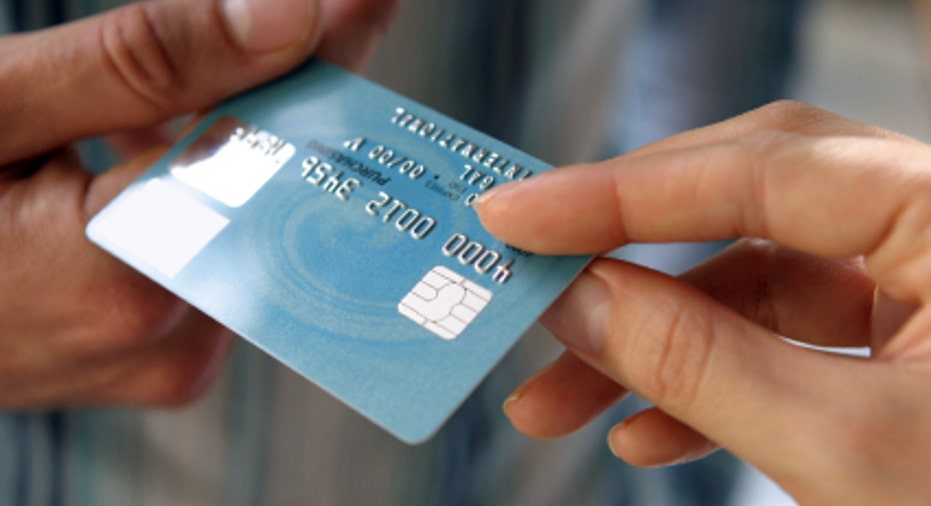How Many Credit Cards Should You Have?

Dear Credit Card Adviser,
What is the best mix and number of credit cards to optimize your credit score?
- Craig
Dear Craig,
Sorry to break this to you, but there isn't a "best mix" of credit cards when it comes to your score ... with a few minor exceptions.
For starters, you can build a solid credit score with a single credit card, but most people in the upper echelons -- think a score of 800 or above -- have more than one piece of plastic in their payment arsenal.
With one card, "you don't have a lot of history, and the other critical factor is utilization," says Maxine Sweet, vice president of public education for credit bureau Experian.
Credit utilization, the amount of debt you are carrying on your cards versus the amount of credit available to you, is a major component of credit-scoring models. As a rule of thumb, experts suggest keeping your credit utilization around 20 percent to 30 percent to avoid negatively influencing your score. That can be hard to do when you're working with one card, especially if it carries a relatively low credit limit.
For similar reasons, some models are also going to treat a charge card, which requires payment in full every month, a bit differently from a traditional revolving credit card.
"Since you're not supposed to be carrying a balance, it's not going to track a credit limit and your balance against your credit limit," says Anthony Sprauve, senior consumer credit specialist at FICO.
Finally, a secured card, which requires a cash collateral deposit that becomes the credit line for that account, could be viewed as a red flag by lenders.
While scoring models won't necessarily treat the payment method any differently, "if anyone looks at your report, a secured card is a sign that you cannot get a traditional card," Sweet says. Here, too, utilization can be a factor, since the credit limits on these cards are typically around $300 to $500.
This is one of the reasons secured cardholders should focus on using the payment method responsibly in order to move to a traditional credit card as soon as possible. Most issuers will offer to upgrade responsible secured cardholders around the 12- to 18-month mark.
These nuances, though, are really just small potatoes in the scheme of things.
"It is how a consumer handles his or her current credit cards, as well as other accounts," says Sarah Davies, senior vice president of product management and analytics for VantageScore. "In other words, it is better to have one or two credit cards that are never delinquent and have low balances than multiple credit cards with high balances and a history of delinquencies."
Get more news, money-saving tips and expert advice by signing up for a free Bankrate newsletter.
Ask the adviser
To ask a question of the Credit Card Adviser, go to the "Ask the Experts" page and select "Credit Cards." Read more columns by the Credit Card Adviser.
Bankrate's content, including the guidance of its advice-and-expert columns and this website, is intended only to assist you with financial decisions. The content is broad in scope and does not consider your personal financial situation. Bankrate recommends that you seek the advice of advisers who are fully aware of your individual circumstances before making any final decisions or implementing any financial strategy. Please remember that your use of this website is governed by Bankrate's Terms of Use.
Copyright 2014, Bankrate Inc.



















